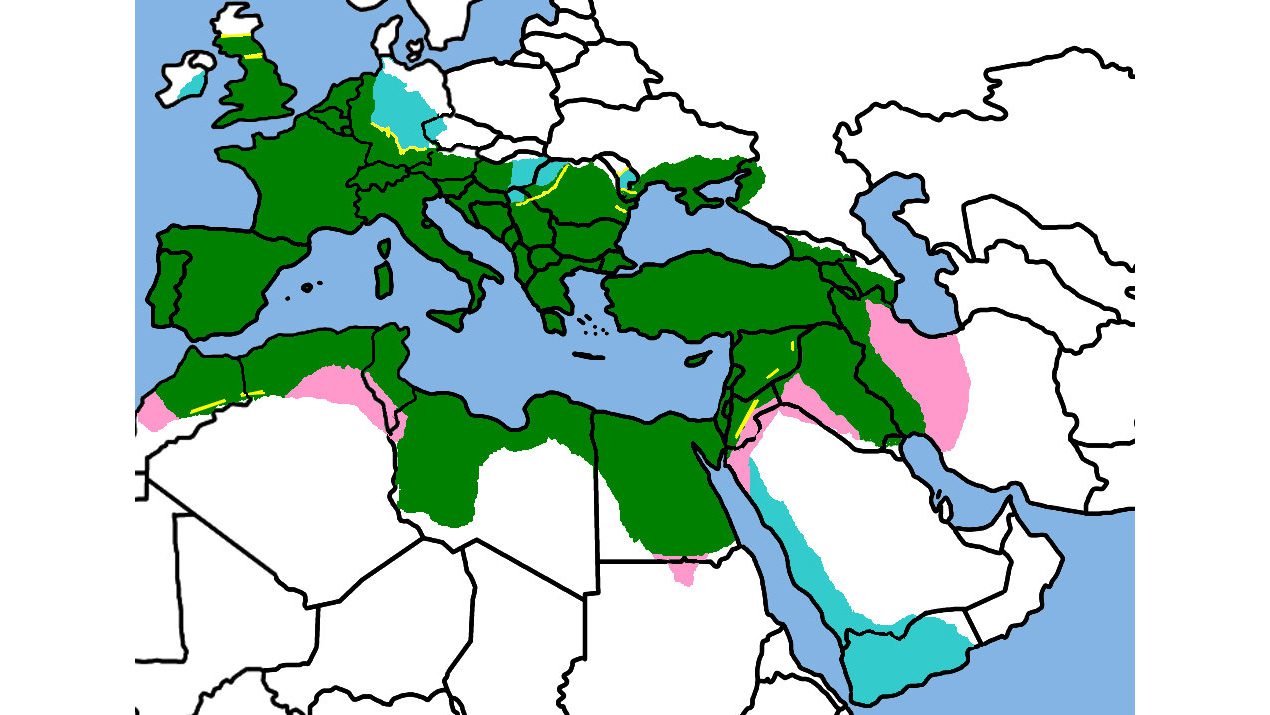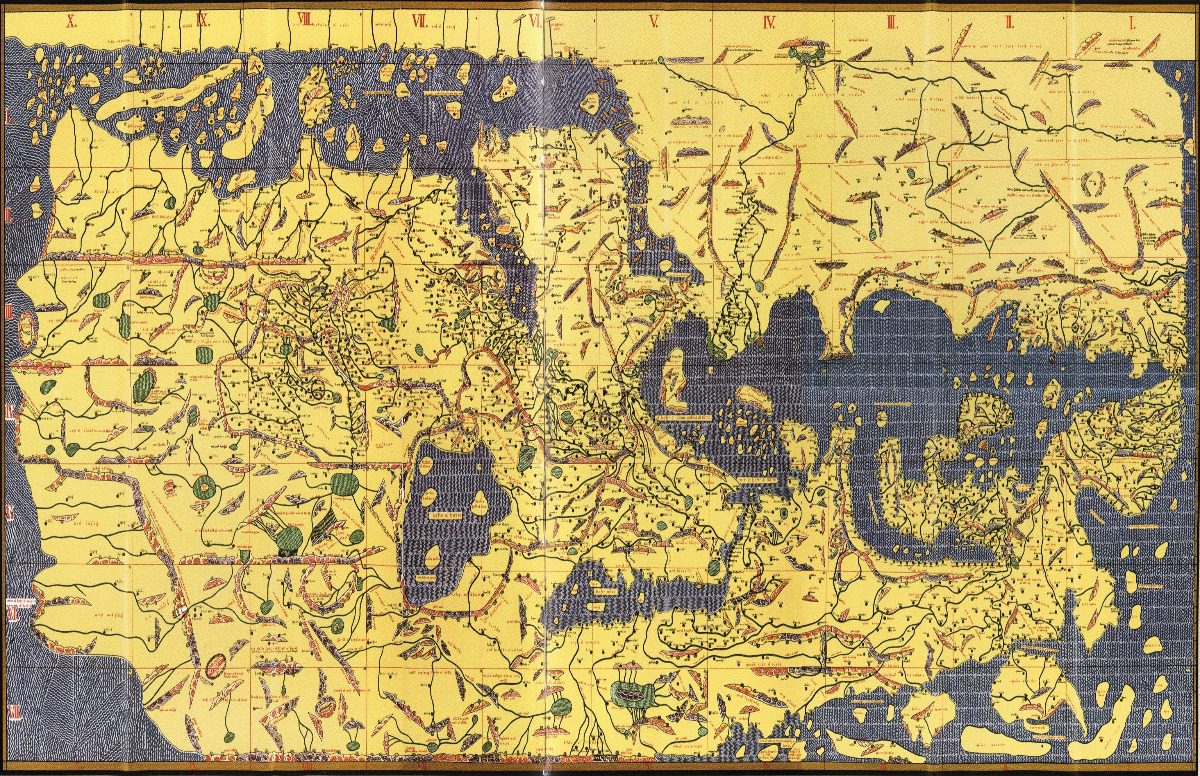Estimated reading time: 5 minutes
By Richard Shrubb.
The Roman Empire was arguably the most successful empire in history, eclipsing even the British Empire. The core reason for this is the acceptance of the diverse cultures, religions and languages within – only by trying to centralise and homogenise did the empire fall.
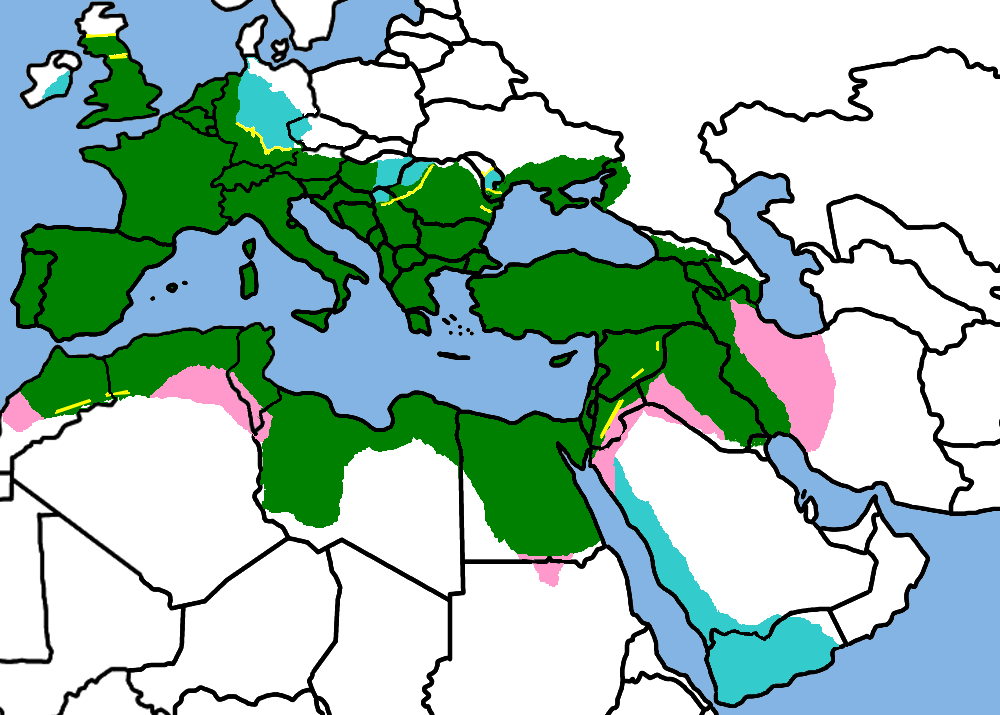
How did this come about?
After a successful campaign the Romans would often offer the chance to the conquered nation of becoming Roman. Even prior to the AD 212 edict that all those who lived in the empire would be Roman citizens, there were many ways of achieving that citizenship. Service in the army and civil society or simply living in a city that was officially decreed Roman would result in citizenship. It didn’t matter what religion, ethnicity or language you used – you were able to travel wherever you liked as a Roman citizen.
Central to this was the language of administration and trade – Latin. With everyone from Britons to Syrians, from Germans to North Africans having the same lingua franca, so the language became absorbed in their languages. Those who speak French will recognise words in English, Spanish and Italian for example – all ultimately from the Pax Romana.
This is well described in the History of English Podcast, The Rise of Rome – and Latin which is at the bottom of this article. This describes how a group of Latium tribes settled in the region of Rome, south of the River Tiber and nominally under neighbouring Etruscan rule. The Latiums all spoke Latin, with the Romans forging alliances with, then dominating the other Latium tribes. After allying with the other Latin tribes so they took on the Etruscans and secured much of modern day Northern Italy. Thus began the growth of Rome.
The Pax Romana
The Pax Romana allowed a range of cultures to live side by side in relative harmony due to a decentralised governance system. Peoples were allowed to worship their own gods, run their own localised taxation system, have laws peculiar to their own regions and even speak their own language under Rome – but Rome was still ultimately in control. This is discussed in the podcast Pax Romana: War, Peace and Conquest in the Roman World at the bottom of this article.
Taking on Roman culture was a choice, not something foisted upon a people. To ‘be Roman’ conferred status and this is what resulted in the uniformity in goods, hairstyles, architecture, plays, and even ideas across the empire. This light touch approach worked well, resulting in far fewer rebellions by occupied peoples than any other empires up to this point in history. The Britons, Celts and Gauls fiercely resisted the Rome invasion, but after a generation were largely absorbed into a peaceful, economically successful Roman province.
Trade of goods was one of the big advantages to being part of the empire. Archaeological digs in the UK often discover goods from Syria and even India from the time (Rome traded with India but didn’t conquest it). Though taken in by bloody violence, once in the empire the subjects found life inside to be far better than life outside!
Roman Nationalism – the Death of Empire?
Hollywood loves to tell the tale of the barbarian hordes that it claims overran Rome and would ultimately destroy it. This is far from the case.
In a lecture to Penn State University you can see in the video below, Michael Kulikowski argued that Rome ‘accidentally committed suicide’. One of the greatest successes of Rome was in allowing diversity to exist in harmony. In trying to centralise power, so the empire would fail.
The concept of the ‘barbarian’ had long been used in the leadership of the empire but this wasn’t translated to governance on the ground. Kulikowski argues that the centralisation of power and the attempt to run the whole of the empire uniformly would result in its destabilisation and ultimate destruction.
The transfer of power took centuries. In 212 Emperor Caracalla decreed all those in the geographical borders of the empire were automatically citizens and didn’t have to earn the citizenship, for example through 25 years of service in the army or having an existing Roman granting it to you.
Though on the ground this was great news, it also was a signal of a gradual centralisation of power taking place and removal of power from the regional power bases. The more control that was wrested from the regions, the harder it was to manage against internal opposition. Goldsworthy above argued that those who rebelled didn’t wish the empire to end so much as to wrest control of the empire for themselves.
Kulikowski said that the othering in Rome’s Senate took root in governance on the ground and would lead to a form of Roman Nationalism that would create the disharmony and therefore the collapse of the empire by the end of the 4th Century. Rome rotted to death from rejection of the very diversity that made it so attractive in centuries before.
Could the Modern West Learn from Rome?
Are we seeing a similar problem in the nationalism and populism in governments of today? Could populism and hatred of those who are of a different race, colour, religion or language be the force that destabilises the Pax Americana of today?
Articles you may also like
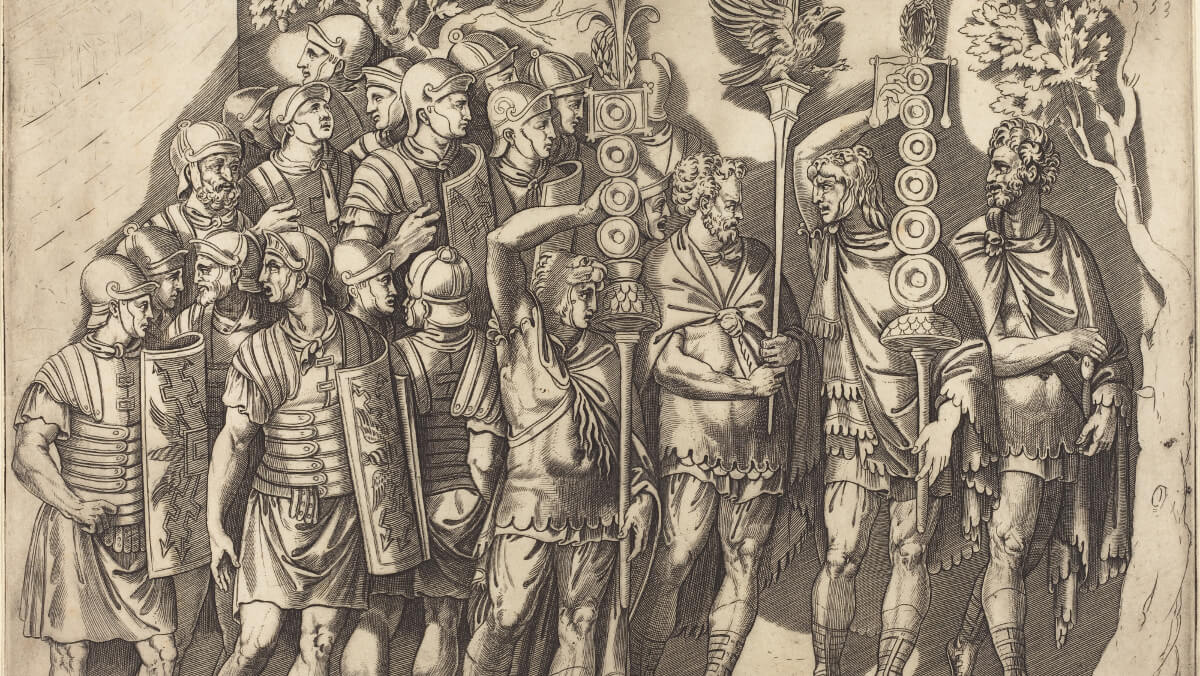
Why the Legions Beat the Phalanx
The societies of ancient Greece and Rome valued brawn as well as brains. Philosophers fulfilled military service and some of the most masterful speeches held in the senate or agora argued for war. However, it was the Romans that would end up dominating the Greeks, which was largely to do with the way they fought […]
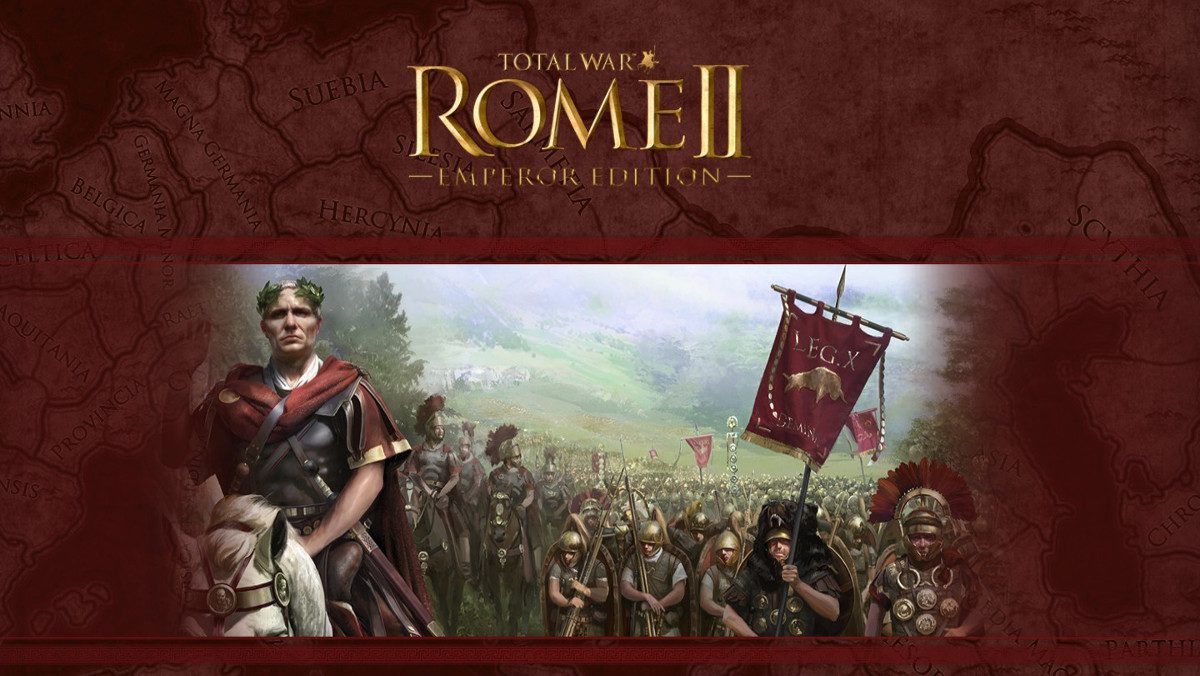
The History of Games: Rome 2
By Fergus O’Sullivan. Here at the History Guild we like video games, especially ones with a historical setting. Of course, plenty of games marketed as historically accurate aren’t, especially to history enthusiasts. In this series, we’ll be taking a look at some of the bigger games around and seeing if they’re really as true to […]

